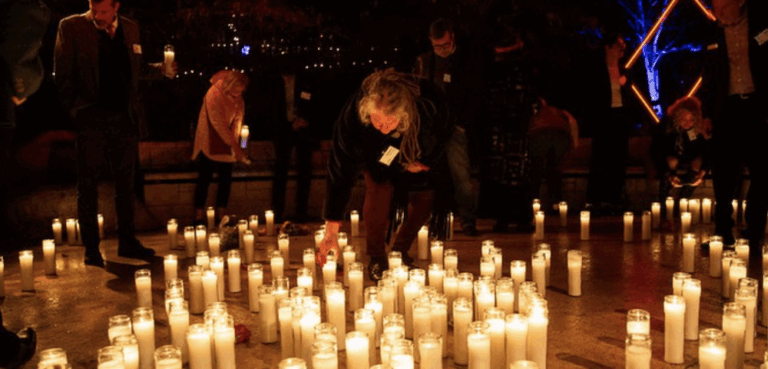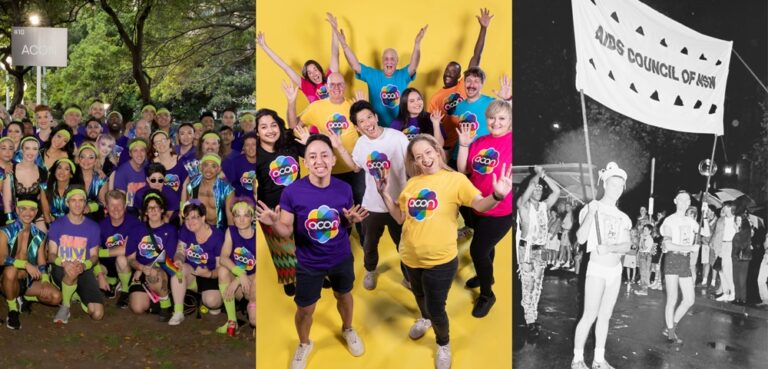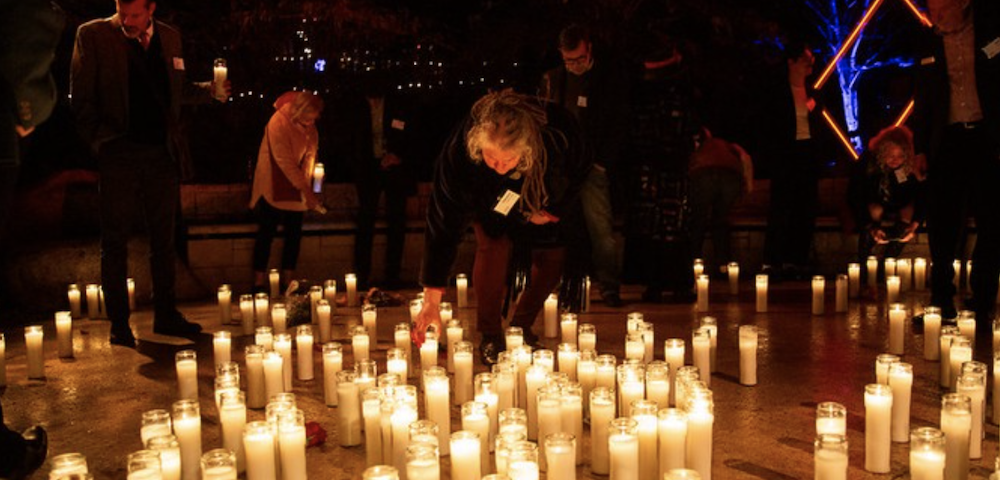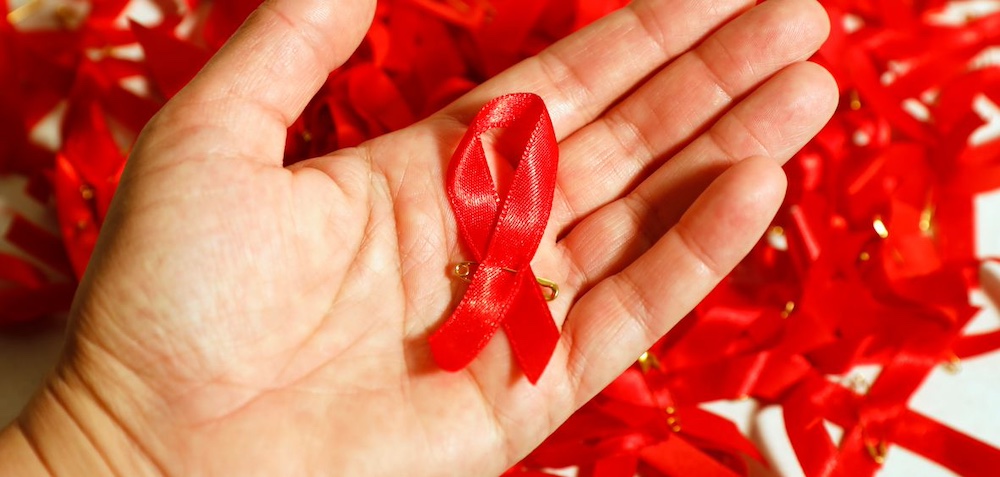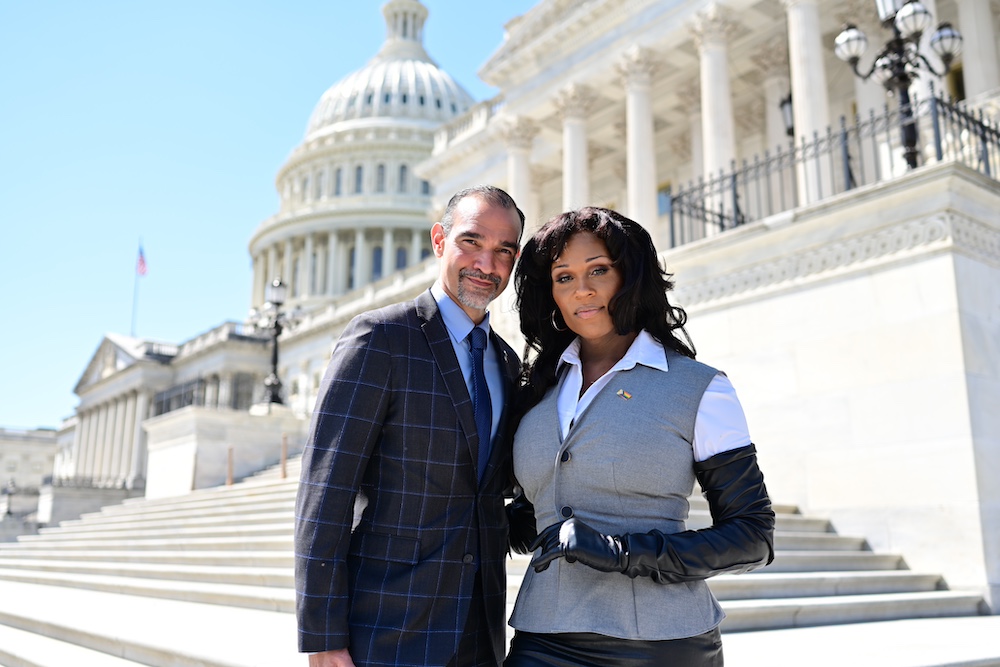
‘People Living With HIV Must Be Included In The HIV Response’
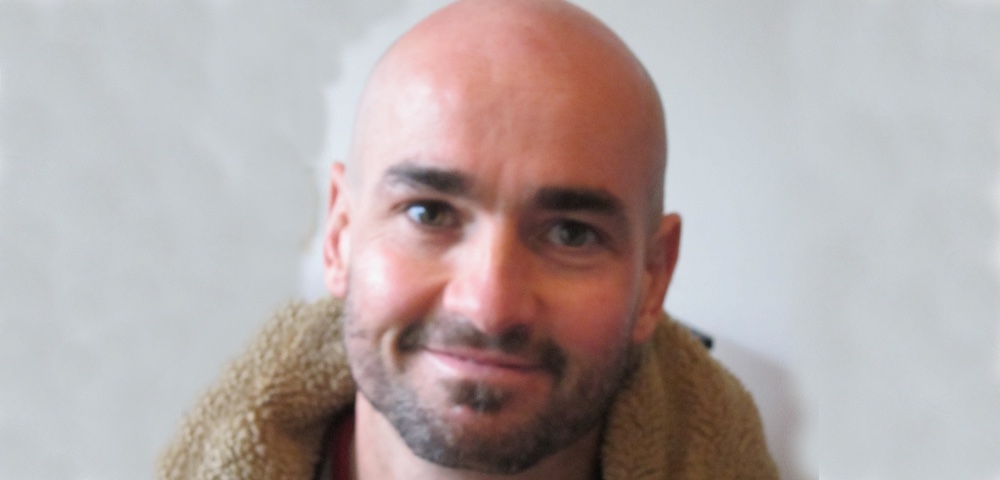
By James May
I appreciate the sentiments raised in the recent Star Observer article, HIV at 40: Lessons We Can Learn From Long-Term Survivors.
Thanks to both David and Michael for sharing their stories. It’s a perspective we need more in the media. We read many reports about HIV treatment and prevention, and not enough about the lived experience of people who are HIV Positive. This just adds to our sense of frustration and isolation.
I’ve also been living with HIV for over twenty years, and I agree with many assertions in the article, particularly that the focus on HIV medication and prevention in the current HIV response, neglects the issues faced by long-term survivors.
More Than Popping A Pill Daily
There is a perception in the LGBTI community that we have this issue ‘solved’, yet living with HIV is more complex than popping a pill each day. While HIV treatments have improved, many of us endure uncomfortable side-effects from these drugs. Furthermore, according to the most recent HIV Futures Survey in 2019, 79.9% of people aged 50-64 report living with at least one chronic health condition as well as HIV.
People living with HIV face a great deal of stigma in 2021. While the U equals U message is slowly having an impact, we still face discrimination in work, housing and healthcare, and prejudice when negotiating sex and relationships.
HIV is a deadly virus that requires life-long medication, and campaigns like U equals U won’t resolve stigma completely. According to the HIV Futures Survey, more than 56.6% of participants reported at least one experience of HIV-related stigma or discrimination in the past 12 months.
Many people with HIV in this country are also living on the poverty line. A recent article in the Star Observer around HIV and homelessness makes it abundantly clear. ‘Australian research identifies that 35.3% of Australian PLHIV (2019) report their income source to be a government benefit and 30.8% report their annual income to be less than $30 000, which puts them at the edge of poverty.’
These issues around financial stress, stigma and chronic health conditions should be front and centre of the national HIV response, but unfortunately they are not. As mentioned in the Star Observer article, many long-term survivors are now erased from public policy discourse when they are most vulnerable and socially isolated.
Challenges Faced By PLHIV
The HIV Futures Survey concurs. ‘Living long-term with HIV continues to have negative impacts for a significant portion of the HIV Positive population. Whilst there is currently an exciting narrative about biomedical advances and HIV prevention, Futures uncovers many areas of concern – mental health, social isolation and the negative impact of other social determinants of health.’
The HIV/AIDS organisations that were established to represent us at the height of the epidemic need to understand the challenges faced by people living with HIV. And, though HIV transmissions in Australia are falling, infections are not declining in our indigenous community, or among MSM (men who have sex with men) born overseas.
While educating the public about HIV treatment and prevention is vital, so is improving the quality of life for people who are living with HIV, and validating our experience. There is nothing more insulting than living with HIV, and being excluded from the HIV response. It makes us feel invisible.
Our representatives in the HIV sector should listen to their constituents who are living with HIV. After forty years of an epidemic and around 35 million deaths, we’d like more action on a cure or vaccine. No one in the LGBTI community is more sick and tired of HIV than we are.
James May is a freelance writer and support worker.

